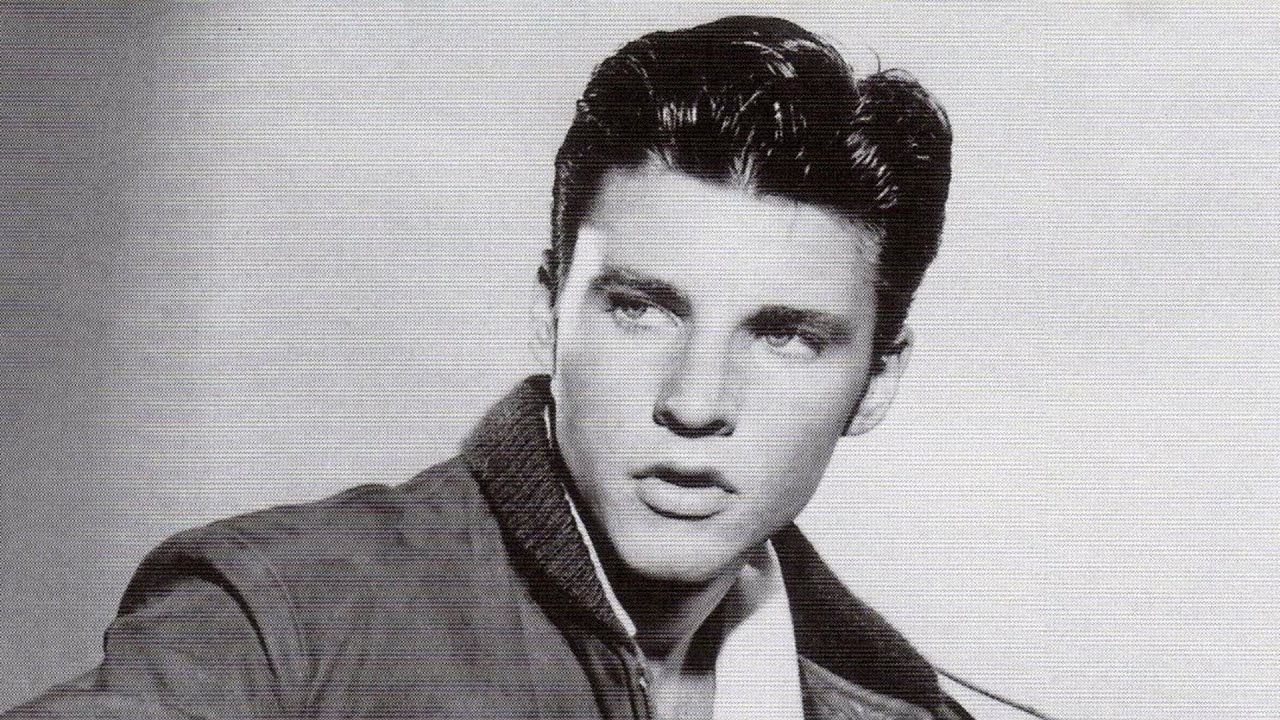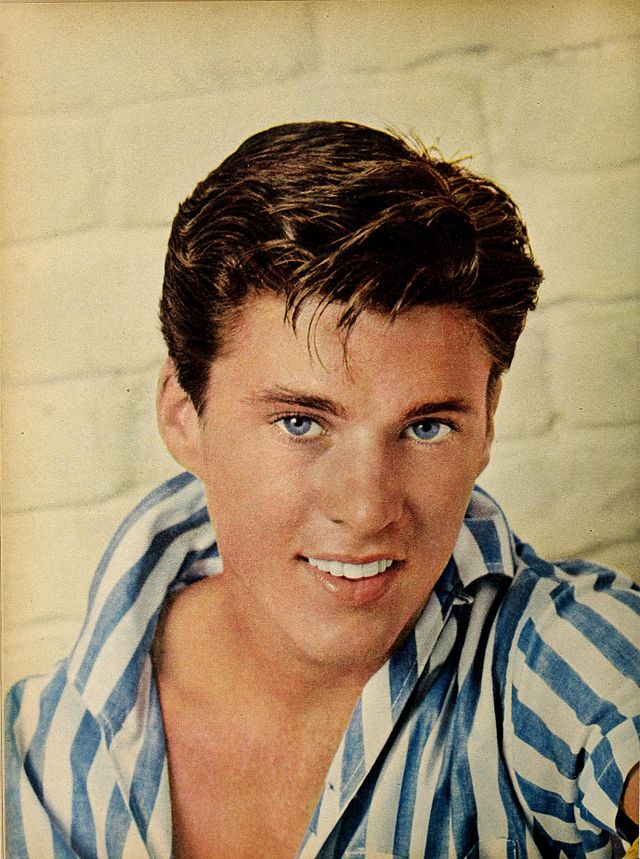
A Nostalgic Serenade: The Timeless Charm of “Hello Mary Lou”
In the pantheon of classic rock ‘n’ roll, few songs capture the essence of youthful love and longing quite like “Hello Mary Lou” by the ever-charismatic Ricky Nelson. Released in April 1961 as a double A-side with “Travelin’ Man,” the song quickly ascended to prominence, reaching No. 9 on the Billboard Hot 100 chart. Its success was not just a fleeting moment in musical history; it has endured as a beloved anthem that speaks to the innocence and excitement of young romance, resonating with generations who reminisce about days gone by.
Ricky Nelson, an artist whose career began in the golden age of television, brought a unique blend of charm and authenticity to his music. He was not only a teenage idol but also a talented musician who understood the power of storytelling through song. “Hello Mary Lou” exemplifies this storytelling prowess. Written by Gene Pitney and Cayet Mangiaracina, the song tells the tale of a young man’s infatuation with a girl named Mary Lou. The lyrics are straightforward yet poignant, capturing that universal experience of love at first sight—a moment that is both exhilarating and unforgettable.
The origins of “Hello Mary Lou” are as intriguing as the song itself. Gene Pitney, who would later become famous for hits like “Town Without Pity” and “The Man Who Shot Liberty Valance,” penned the lyrics with a keen eye for detail and emotion. Cayet Mangiaracina, a priest from New Orleans, contributed to its melody, giving it a catchy, rockabilly flair that complemented Pitney’s heartfelt words. When Ricky Nelson recorded it, he infused it with his signature smooth vocals and an infectious rhythm that made it impossible to resist.
Listening to “Hello Mary Lou,” one is immediately transported back to a simpler time when love was often expressed through handwritten letters and stolen glances across crowded rooms. The opening guitar riff sets a lively tone, evoking images of sock hops and jukeboxes in dimly lit diners. As Ricky’s voice enters, there’s an earnestness that speaks directly to the listener’s heart—a reminder of those first stirrings of affection we all felt at some point in our lives.
The song’s lasting appeal lies in its universal theme—unrequited love and the bittersweet emotions that accompany it. Ricky sings with an undeniable sincerity, making us believe in his longing for Mary Lou. Each verse builds upon this sentiment, culminating in a chorus that is both jubilant and melancholic. It’s this duality—the joy of falling in love mingled with the ache of uncertainty—that gives the song its emotional depth.
For many older listeners, “Hello Mary Lou” serves as a portal to their pasts—a time when music was a central part of social life and personal expression. It evokes memories of high school dances, cruising down main street with friends, or simply lying in bed with a transistor radio pressed to one’s ear. The nostalgia it inspires is powerful, allowing listeners to relive those moments of youthful exuberance and heartache.
In today’s fast-paced world, where music often feels disposable, Ricky Nelson’s “Hello Mary Lou” stands as a testament to the enduring power of classic rock ‘n’ roll. It reminds us that while times may change, certain experiences—like the thrill of young love—remain timeless. For those who lived through the era when this song first hit the airwaves, it’s more than just music; it’s a cherished memory woven into the fabric of their lives.
As we reflect on Ricky Nelson’s contribution to music history through songs like “Hello Mary Lou,” we are reminded of his ability to capture the essence of human emotion so effortlessly. His voice continues to resonate across decades, inviting new generations to discover—and fall in love with—the magic he created. So whether you’re hearing it for the first time or revisiting an old favorite, let yourself be swept away by this nostalgic serenade and remember what it feels like to be young at heart once more.
